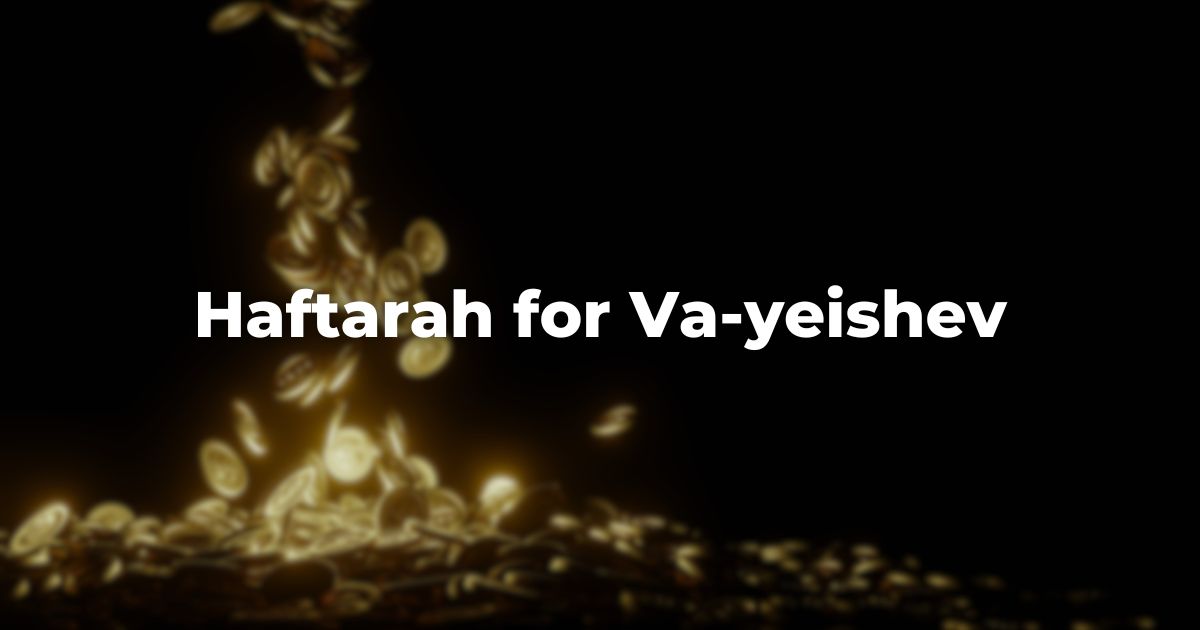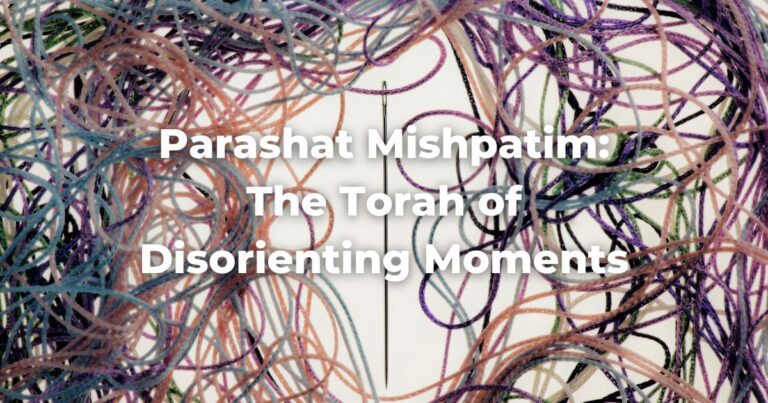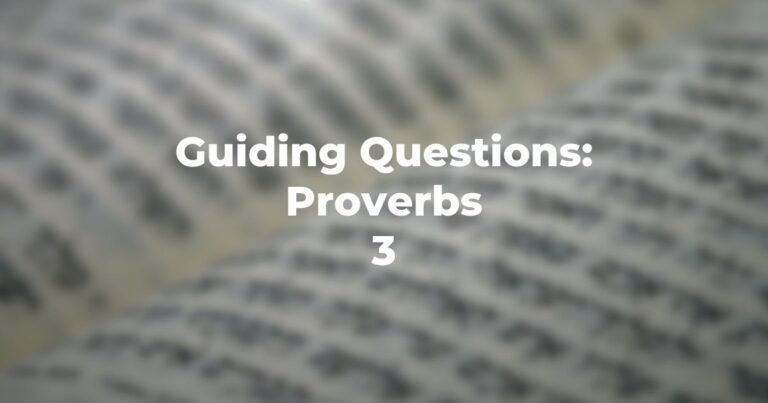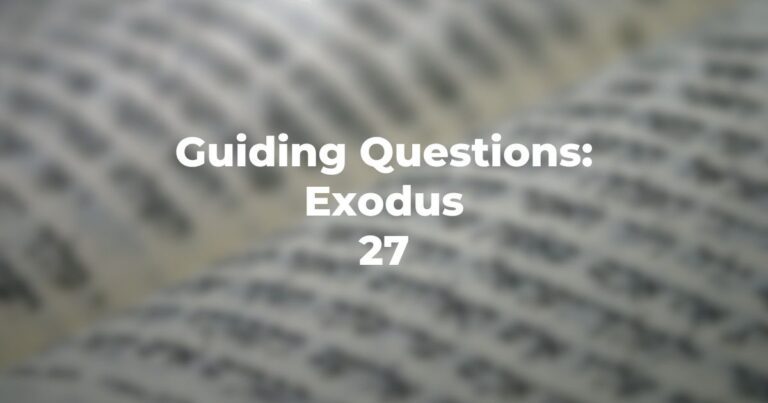Amos 2:6-3:8
This haftarah elaborates on the wrongs of Israel during the reign of King Jeroboam II (784-748 ʙ.ᴄ.ᴇ.) and calls the people to account for their deeds. The prophet Amos thunders against the transgressions of Israel, denouncing their economic greed and their desecrations. The nation will pay the penalty.
The haftarah opens with a strong indictment of the northern kingdom of Israel for its transgressions. The passages that precede the haftarah indict six surrounding nations (Amos 1:3-2:3) as well as the southern kingdom of Judah (Amos 2:4-5).
In the case of the nations and Judah, God will send a devouring fire against transgressors. The indictment against the northern kingdom of Israel emphasizes that punishment on the day of doom is inescapable (Amos 2:14-16), with no mention of fire.
Also distinctive is the fact that the indictment against foreigners is for breach of international commitments, not for transgressions of divine law––as is the case with Judah and Israel.
The opening list of Israel’s crimes focuses on their unethical nature, particularly their expression of corruption and greed. Hence the references to matters such as reclining (at altars) on garments taken in pledge, and drinking (in the temple of the Lord) wine bought with money from imposed fines do not describe religious transgressions per se.
There is nothing inherently wrong with lying on garments or drinking wine in the environs of a shrine (presumably during pilgrimages and family sacrifices). It is rather the people’s utter disregard of how they attained these objects that raises the prophet’s ire. Amos is against oppression, first and foremost; but he is also against all types of blind formalism, in the realms of civil law and cultic behavior.
God’s arraignment of the nation’s faithlessness is juxtaposed to acts of divine beneficence in the wilderness (Amos 2:9–10). Later prophets, like Jeremiah, also refer to divine guidance and favor in the past as a counterpoint to the nation’s failure to reciprocate with loyalty (Jeremiah 2:4-8, Jeremiah 2:9–12).
Amos specifically refers to the Exodus (Amos 3:1) as a prelude to a demand of accountability: “You alone have I singled out (yadati) / Of all the families of the earth–– / That is why I will call you to account / For all your iniquities” (Amos 3:2).
The implications of the verb yadati suggest that Israel’s singular status goes beyond the deliverance from Egypt. The verb yadati means literally “I have known.” It was used as a technical term for recognition of partners in ancient Near Eastern treaties.
This suggests that God alludes here to the covenantal chosenness of Israel. It was because of this relationship, then, not only because of the Exodus, that the people are held liable for their iniquities.
The rhetorical touch is deft. The image of the lion’s roar is found at the beginning of Amos as well as at the beginning of this rhetorical chain (Amos 3:4). As his opening word to the people, breaking the silence of their complacency, Amos proclaimed that “the Lord roars from Zion” and that “the pastures of the shepherds shall languish” (Amos 1:2).
Relation to the Haftarah to the Parashah
Amos mentions the crime of both “father and son” going “to the same girl” (Amos 2:6-7). Readers of the parashah will call to mind Judah, who had intercourse with his son’s wife Tamar (Genesis 38). Verbal congruity also links the sale of Joseph by his brothers in the parashah with Amos’s condemnation of unjust practices in the haftarah.
In the former, the sons of Jacob “sold (va-yimk’ru) Joseph for twenty pieces of silver (kesef) to the Ishmaelites” (Genesis 37:28). According to the latter, the unjust “have sold [mikhram] for silver [ba-kesef] / Those whose cause was just [tzaddik, an innocent person], / And the needy for a pair of sandals” (Amos 2:6).
These similarities suggest that Amos not only rebuked his contemporaries for their immoral practices but also alluded to the grave sin of their ancestors in patriarchal times.
Rabbinic interpretations of the sale of Joseph led to a midrashThis word is used in two ways, as both a concept and a literature. As a concept, midrash is the expansive interpretation of biblical texts. The term is used to describe the practice of rabbinic interpretation. As a text, it refers to specific collections of interpretations, particularly from the third to ninth centuries in the Land of Israel and Babylonia. Plural: Midrashim
Read more known as Eilleh Ezk’rah (These I Recall). In its view, 10 sages whom the Roman occupation put to death were an atonement for the long-ago crime of the 10 brothers who sold Joseph into slavery.
A poetic version of this midrash is included in the Musaf service of Yom Kippur. According to that text, the Roman governor tells the scholars about their ancestors “who sold their brother . . . for a pair of sandals” and condemns them to death as vicarious punishment, complying with Exodus 21:16 (“He who kidnaps a man . . . shall be put to death”).
The divine words in Amos, declaring that the punishment for selling a tzaddik would not be revoked, may have contributed to the notion that the ancient crime of the brothers needed atonement. According to one midrashic tradition, although the penalty was paid by the 10 martyrs of old, the sin is requited “in every generation” and “is still pending.”
Author
-
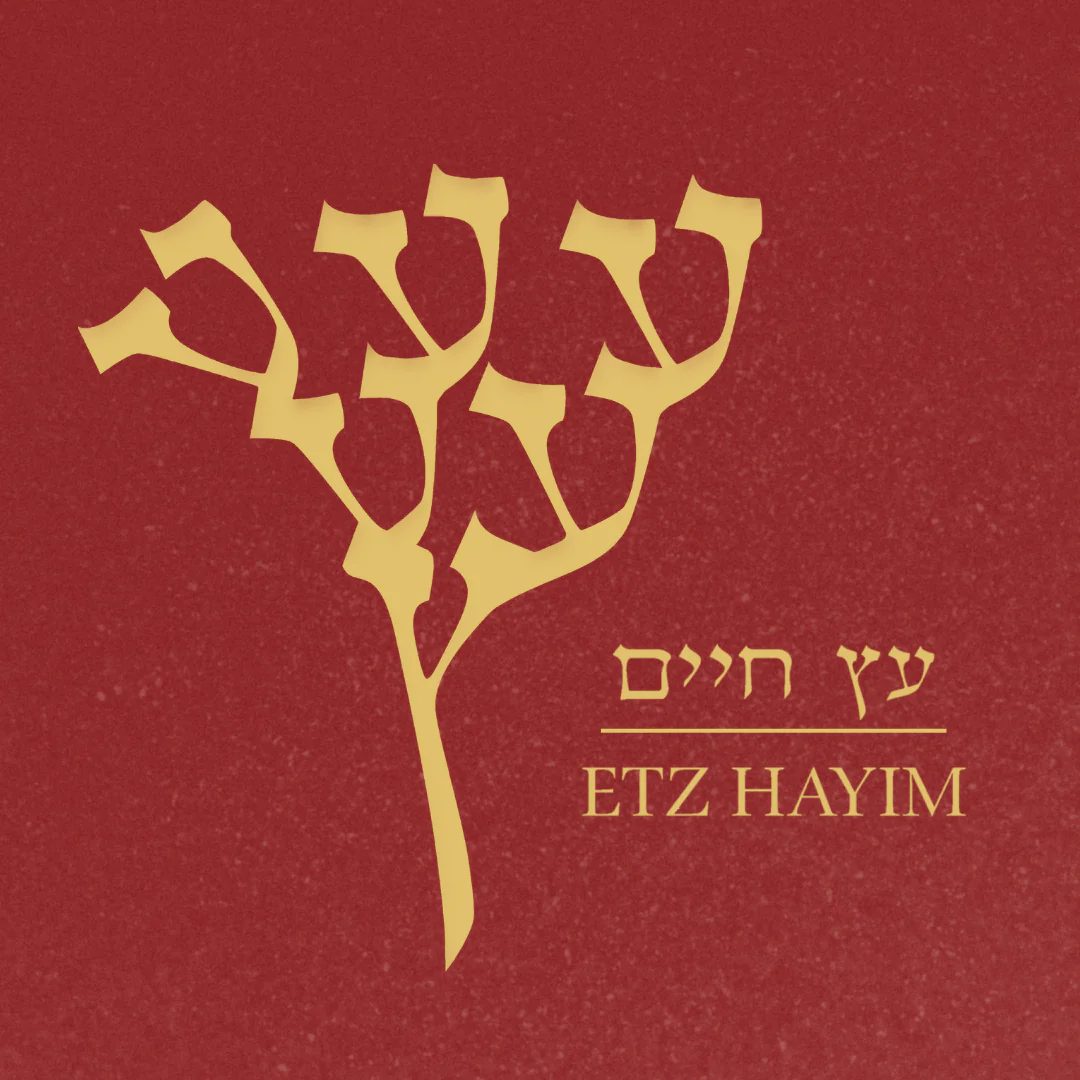
Etz Hayim represents the Conservative / Masorti Movement’s reverence for tradition, profound commitment to scholarship and the unique understanding that both are essential to Jewish life.
Published in 2001 in conjunction with the United Synagogue of Conservative Judaism, Etz Hayim is the most celebrated contemporary humashA collection of the Five Books of Moses, Pentateuch, or the Hebrew equivalent. Includes the haftarot readings, and usually contains some commentary. It is often used on Shabbat mornings to help follow the Torah reading. Read more. It features the renowned 1985 JPS translation, as well as an authoritative Hebrew text based on the Masoretic tradition. In the same year it was published, Etz Hayim: TorahRefers to the first five books of the Hebrew Bible, the Tanakh, also called the Five Books of Moses, Pentateuch or the Hebrew equivalent, Humash. This is also called the Written Torah. The term may also refer to teachings that expound on Jewish tradition. Read more & Commentary won a National Jewish Book Award for Non-Fiction.
View all posts

